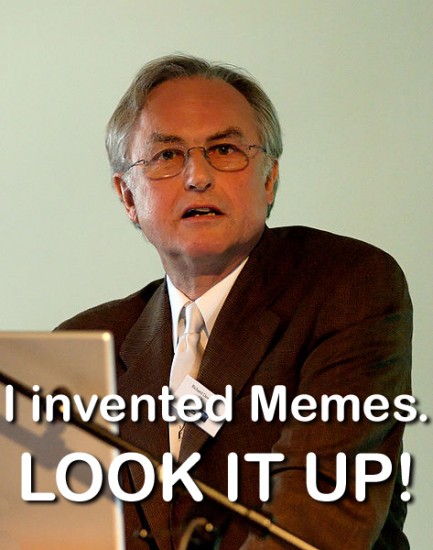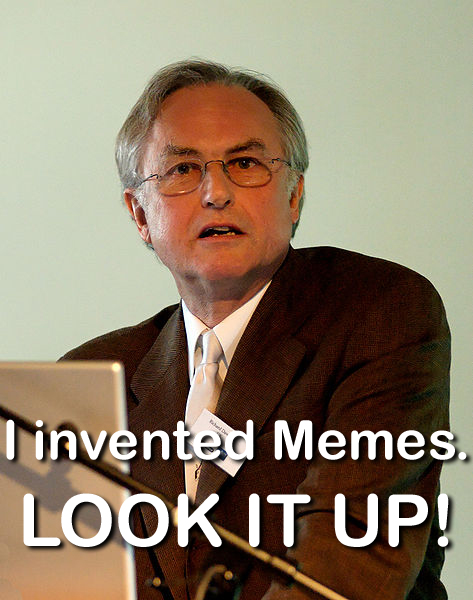
Image from Wikimedia Commons.
During the past decade or so, the landscape of social networking has been completely revolutionized in its function and impact on society and everyday life. In general, the Internet has provided a way in which the entire world can maintain instant communication with little to no effort. This generation lives in a constant state of connectivity as our words, ideas and experiences are broadcasted across cyberspace for anyone to see.
For almost everyone, sites such as Facebook, Twitter, YouTube and others are the central axis for interactions with others both online and in the real world. Conversation revolves around images, tweets or posts people have seen and are the basis of discussion. These online forums provide space for people to stay in touch with friends that are far away, a place for self expression, humor and a way to spread ideas. Really, these websites are incredibly innovative.
Sometimes.
However, more often than not, Facebook and Twitter serve as sites of absolute chaos. Anyone that has had to scroll through pages of the inanities that make up their newsfeed, doubting the existence of intelligent life, understands this. Because it has been developed and is inhabited by our annoying human selves, we continue to outdo ourselves in terms of our ability to create frustrating trends. The magic of social networking is that we can reach anyone that has the misfortune to be Facebook friends with us.
In real life we are only capable of driving those within ear and eyeshot absolutely insane. The Internet has provided endless opportunities and tools to spread annoyances. From web-comics and memes to the sudden and inexplicable invasion of Twitter hashtags on Facebook pages, we have exceeded all possible expectations of what human boredom can generate.
Here are some of the recent Internet trends that get complained about the most.
Memes
In psychology, the word “meme” is referred to as a tool used to transmit cultural knowledge or understanding. If anthropologists from the future unearth our memes from the annals of cyberspace, they will essentially understand the entirety of our culture and our incessant need to caption things. Granted, many memes are actually hilarious because they acknowledge relatable parts of every day life, usually combined with a cultural icon, such as Dumbledore. However, it seems strange that these are what will be left behind for future generations. We look back on paintings by Monet and Picasso while they will look back on pictures of cats asking “can i haz cheezburger?”
Our inexplicable fascination with cats
This leads to the second odd trend that has started showing up more and more: cats. They’re everywhere, from memes to statuses. Today is the heyday of cat lady reverence and people announcing things like, “Forever alone…at least I have my cats!” These cruel, independent, adorable little furballs have attained a prominent role in the cyber world. However, this newfound love of cats isn’t completely unfounded, or historically original. The ancient Egyptians carved their images into the walls of tombs, and now we broadcast them across our own monument to greatness: the Internet. And all along, our cats sit quietly and watch as we fall directly into the trap they have set for the demise of all mankind.
OMG-I-love-my-bf/gf-foreverr status updates
“Isn’t new love great? The flowers, the shared gazes, the handholding, the slow half-smile when they check their phone for a message from that special someone? Yeah, it’s awesome to see those things in person as one wanders the world in complete and utter singlehood. So hey, why not have constant reminders of it every time you log onto Facebook?” said no one. There is absolutely no escape from the constant barrage of PDA. Even more, as great as it is that someone is happy with the relationship they are in, the impulse to broadcast that new sunshine-y kind of joy is unnecessary and paradoxically lessens the credibility of the relationship through heart emoticon overload.
Facebook Lectures
This one falls much along the same lines as the previous pet peeve in that people use Facebook or Twitter as an opportunity to advertise their religion, political opinions or apparently superior knowledge and understanding of human nature. They are similar because they are forcing this at us in a manner that is often abrasive and completely uncalled for. To an extent, that is what social networking is used for: getting your thoughts and ideas out there and possibly using it as a plug for an important cause here and there. However, there are some that use these sites as a sort of ground to attempt to convert others to their way of thinking. Unfortunately for them, it is quite difficult to convey any sort of meaningful message because they are being undermined by pictures of cats.
“Society Thinks…” Meme
These are probably the most recent annoying internet trend. Approximately two weeks ago there was a sudden onslaught of a very specific type of meme that depicted a certain activity or group of people from various points of view. We’ve all seen them: a black background with usually six pictures, showing what mother thinks, what friends think, what teachers think, what the cat thinks, etc. At first they were interesting and clever. It’s true, each group is seen in many different ways and it was an entertaining way of depicting that. However, suddenly everyone decided that they needed to make them, like, immediately. Then newsfeeds were just covered in different activities. Where did these come from? Unfortunately there is no real answer. Already, this craze is starting to fade, as most of them do. It was definitely a very strange follow up to the “S#!% People Say” craze that preceded it.
Hashtag-ing in places that aren’t Twitter
The hastag invasion has probably been the most widely agreed-upon winner for “most annoying Facebook trend.” At first, it was subtle. Twitter had slowly begun to leak into Facebook’s domain, but within weeks it was a full on flood of hashtag glory.
The hashtag comes from a humble past. Created in August of 2007 by Chris Messina, it was intended to be used as a simple way of grouping tweets together in online searches. According to an interview with Messina done by Gigoam.com, it was not well received in its initial presentation. It was seen as being “too nerdy” and “crowded.” The designers of the site wanted to develop a computer program to group the similar postings together. Despite this, Messina persisted in using it, and slowly it began to catch on.
At first, many Twitter users didn’t like the way the hashtags looked. As we can see, that has changed in the past few years. According to a study done by Twitter CEOs, approximately 11% of Twitter posts contain some kind of hashtag. The most notable hashtag use was when Republican Congressmen used the tag #dontgo while trying to get Congress to stay in session to vote on an energy bill. This was the first official break from the general nerd culture that hashtags typically drew. This was developed for Twitter as a organizational scheme. Therefore, it really makes absolutely no sense that suddenly people have started using them on Facebook too. As much as we would like to think that someone will spend actual time searching for a specific comment we made on a certain picture, they won’t, despite our use of hashtag.
“They can be kind of funny when used ironically,” said Dakota Peschel ’15. “But they really are obnoxious when they are overused simply for that purpose.”
As hilarious and witty as someone may feel for using a hashtag to associate themselves with a certain group on Twitter, it really doesn’t make sense in the context of Facebook. Had we wanted to see strings of random words and tags following every comment, we would follow you on Twitter.
By no means are these the only Twitter and Facebook pet-peeves out there. From experience, we can all say there are possibly hundreds more just by looking at our own pages. However, we do have some power. While it is not socially acceptable to go around yelling “DEFRIEND” or “UNFOLLOW” to random people that annoy you in life, there is the opportunity of a simple press of the button while on social networking sites. The internet is serving as a way to record how our culture is developing, and it will be interesting to see what we create that may be saved for future generations. •










